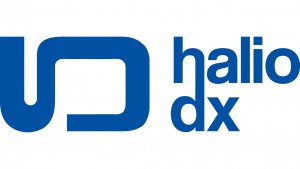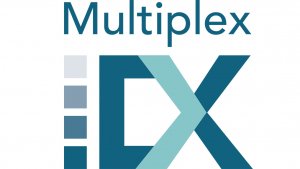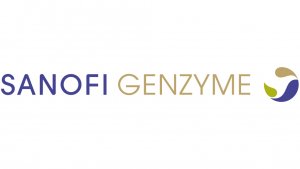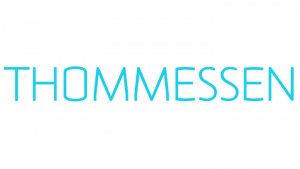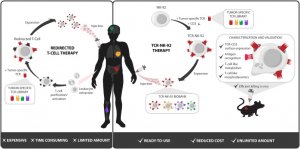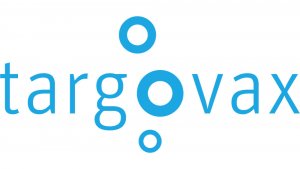Meet our new members
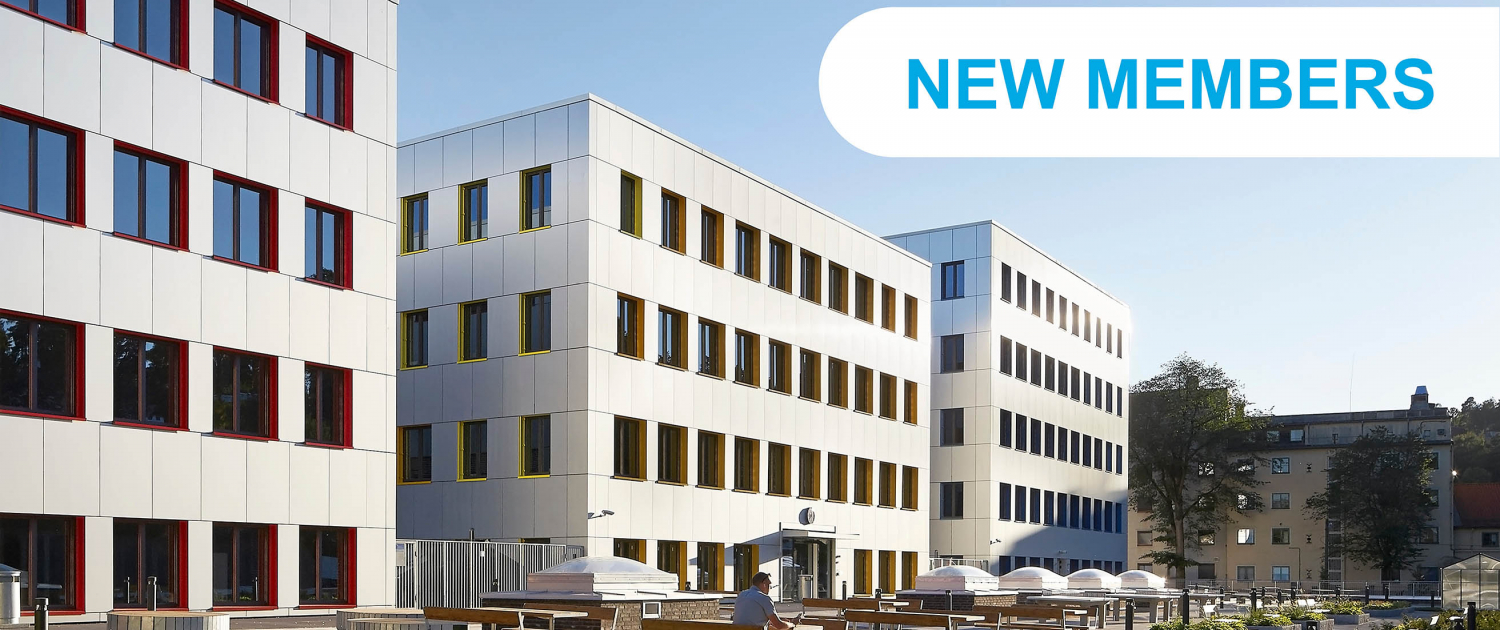
Oslo Cancer Cluster proudly presents the new members that have joined our organisation during the first quarter of 2019.
The new members represent a valuable addition to our non-profit member organisation, which encompasses the whole oncology value chain. By being a part of Oslo Cancer Cluster, our members are connected to a global network with many relevant key players in the cancer research field. Our members contribute to this unique ecosystem and ensure the development of innovative cancer treatments to improve patients’ lives.
HalioDx
HalioDx is an immuno-oncology diagnostic company providing immune-based services, which guide cancer care and contribute to precision medicine. HalioDx executes biomarker studies and develop diagnostic devices, in accordance with regulations and in partnership with biopharmaceutical companies. By being a member of Oslo Cancer Cluster, HalioDx can collaborate with academia and industry to deliver clinical research and diagnostic tools that help find the right therapy for the right patient.
“Immuno-oncology and precision medicine are two main focuses of interest for Oslo Cancer Cluster and this is the reason why HalioDx decided to become a part of Oslo Cancer Cluster.”
“We are convinced that this collaboration will be of mutual benefit and we hope that HalioDx’s comprehensive clinical research platform will represent a great tool for the academic and pharma members who would like to better understand drugs mechanisms of action and identify the right patients for the right therapy.”
Aurélie Fugon, Associate Director, HalioDx
MultiplexDX
MultiplexDX is a biotech corporation with the aim to eliminate misdiagnosis of cancer disease. The company’s idea is to create 100% reliable, quantitative, affordable and personalised diagnostic tests. By combining tissue visualisation and sequencing technologies, they can accurately quantify 7 or more cancer markers, generating a specific “barcode”. This unique barcode can then specify the type of cancer and suggests which personalised treatment and medicines to be used, and how long the therapy should last.
“We believe that Oslo Cancer Cluster is the best cancer cluster in the world representing the entire oncology value chain that we want to be part of.” Pavol Cekan, CEO, MultiplexDX
“We plan to create strategic partnerships with Oslo Cancer Cluster members to bring our breast cancer diagnostic test, Multiplex9+, to the market as soon as possible. In assistance with Oslo Cancer Cluster and its members, we want the breast cancer patients to benefit from our 100% accurate, reliable and diagnostic test at the earliest convenience.”
Sanofi (Norway)
Sanofi is a global pharmaceutical company and one of their main areas of treatment concerns oncology. Every year, they invest 15% of their revenue into research and development. They do phase I, II and III clinical trials to get new medicines approved for treatment. They want to remain innovative, because they believe that the research they perform today will contribute to preventing and treating diseases in the future.
“Sanofi has a long legacy with R&D in oncology. In the years to come oncology and hematology will be one of the biggest therapeutic areas at Sanofi.
“By becoming a member of Oslo Cancer Cluster we believe that we are able to contribute to unlocking tomorrow’s science by supporting the latest advances in treating cancer in Norway and beyond.” Britt Moe, General Manager, Sanofi (Norway)
“This is especially interesting since in the treatment of cancer, new mechanisms of actions and developments, such as immune-oncology therapies, are very much in the focus.”
Thommessen
Established in 1856, Thommessen is a leading commercial law firm with offices in Oslo, Bergen, Stavanger and London. The firm provides advice to Norwegian and international companies as well as organisations in the public and private sectors, ranging from start-ups, via small and medium size companies to large multi-national corporations. Thommessen covers all business related fields of law.
“We believe that early identification of potential legal issues before they arise is important.” Mirella Gullaksen, Head of Projects and Business Development, Thommessen
“Investing in early phase biotech/oncology companies should be about the relevant team, technology and product breakthrough. All other risks relating to the company, and investments should be reduced to a minimum”.
- This post is the first in a series of articles, which will introduce the new members of our organisation every three months.
- Follow us on Facebook or subscribe to our newsletter to always stay up to date!
- To find out who else is involved in Oslo Cancer Cluster, view the full list of members.

